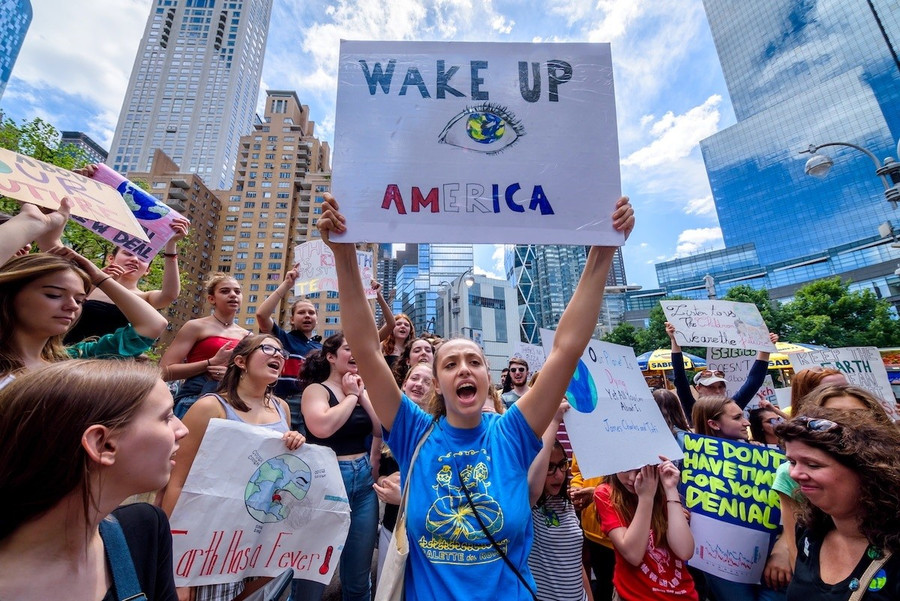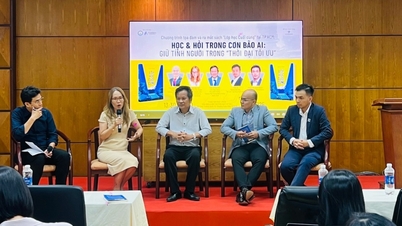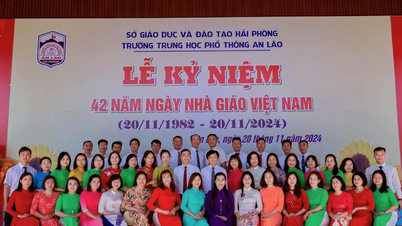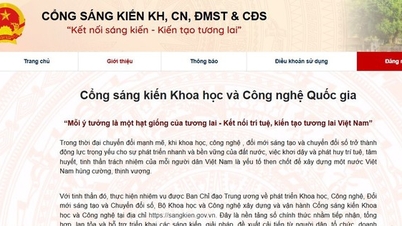Among them, the Millennials (those born between 1981 and 1996) and Gen Z (those born between 1997 and 2012) are considered to mark the end of an era with the old way of thinking about patriotism. This shows how young people actively reshape patriotism.
American patriotism has often changed in pattern, largely due to specific historical events: the American Revolution, the Civil War, the World Wars. These events have had a lot to do with nurturing the definition of national pride and patriotism.
The history of patriotism in America is intertwined with significant events. The American Revolution inspired a sense of unity and pride in independence. However, the Civil War was seen as an event that reflected loyalty. World Wars I and II also left indelible marks of heroism and sacrifice that remain part of how we view patriotism today.
In fact, each generation has a different understanding of patriotism. Baby Boomers (those born between 1946 and 1964) see patriotism in terms of traditional values, having been raised in a particularly optimistic period after World War II. Meanwhile, Generation X (1965-1980) is more skeptical. Millennials and Gen Z see patriotism as something tied to social justice and global citizenship.
Nowadays, there is a lot of loss in the perception of patriotism. Globalization has taught people to connect and communicate beyond national boundaries. Meanwhile, the development of technology has also made social media one of the tools to express patriotism.
Social media allows people to quickly share diverse perspectives on the world. Social and political movements are often mentioned through it, which tells us that equality and fairness are valued.
With Millennials and Gen Z, it can be said that they are reshaping the future of America. The concept of patriotism not only exists in both generations, but also permeates every walk of life, including expression on social media. This has a positive influence on young people, from living for the country to participating in social activities.

Include diversity
Twitter, Instagram, TikTok... are social media platforms that help popularize conversations around the topic of patriotism. These are just a few of the many reflections that speak to the values and priorities of young people. Many opinions say that social media and patriotism are closely related. One of those aspects is the sometimes interesting way of combining patriotism and social media. Through social media, young people fight for what they believe in. In this context, patriotism and nationalism are important reasons.
Hashtags and campaigns on social media platforms have pushed many of the issues surveyed to the forefront. A prime example is the emergence of the “Black Lives Matter” movement. Those who participate in the “Black Lives Matter” movement value the cause of fighting inequality and violence against African Americans. As a result, young people are now seen as a cohesive generation, bringing a new change to America through issues that are not often considered in the old definition of patriotism.
There are differences in how Millennials and Gen Z express patriotism. Millennials connect diversity, inclusion, and sustainability. Gen Z focuses its efforts on more pressing concerns: climate change awareness and social inequality.
Together they show a deep and meaningful connection to the country. All the online movements are leading to change. This is proof that the younger generation is influencing and shaping patriotism.
Millennials and Gen Z are changing the face of patriotism in America. They are taking part in all sorts of social movements and calling for inclusion. This is further proof that patriotism is about diversity. It’s not just about national pride, it’s about strength and respect in building community. It’s about working together and valuing everyone’s voice.
These young people are not simply looking, they are opening a conversation about the future of the country. They remind everyone to learn from the mistakes of the past. They show everyone that patriotism is like a strong community that listens to all voices. Besides, the future of patriotism is also shaped by the level of adaptation to new challenges. In this, the youth are the “key” to building a fair society.

Aiming for common values and goals
Gen Z has grown up in a world of instant global connections through social media and digital platforms. Their formative experiences include witnessing international crises, collaborating with friends around the world, and consuming content from a variety of sources around the globe.
Their proficiency in using technology has allowed young people to see commonalities with their peers across borders. As a global generation, their patriotism often transcends geographical boundaries, oriented towards shared values and goals.
Many Gen Zers are reimagining patriotism for the 21st century. Their version often emphasizes working toward a more perfect unity, through activism and advocacy, rather than symbolic expressions.
For many young Americans, true patriotism means tackling climate change and economic and social inequality. They tend to value action over symbolism, measuring love of country by tangible improvements in people's lives.
The younger generation’s approach to national identity often embraces America’s diversity and multicultural realities, rather than a single narrative. This redefinition is not an act of rejection, but a desire to help make the country live up to its highest ideals.
“America means everything to me. History shows how great we can be,” said Austin Lay, a student at Liberty University. Meanwhile, for Christian Seagren, a Gen Z resident of California, nothing compares to the country.
The younger generation in the US is facing a challenging economy and fears that they may not enjoy the same standard of living as their parents. But that does not deter patriotism. “The American dream is still alive. The American dream means having choices, working and making money,” said Gabriela Prieto, a student at the University of Florida, who spoke of the countless opportunities.
However, the younger generation also faces significant challenges in shaping their patriotism. A lot of information amplified by social media has shaped Gen Z’s worldview. Many online spaces promote critical thinking. The viral nature of social media means that negative expressions of patriotism receive disproportionate attention.
That makes young people vulnerable to the false perceptions of friends and social networks. These factors create a big barrier for Gen Z in expressing traditional patriotism.
The changing relationship between young Americans and patriotism reflects a nation in transition. Many argue that the global outlook of younger generations can strengthen America’s position in an interconnected world where cooperation is increasingly essential. By listening to the voices of young Americans, the country has the opportunity to evolve in ways that strengthen national cohesion.
Source: https://giaoducthoidai.vn/gioi-tre-my-chu-dong-dinh-hinh-lai-long-yeu-nuoc-post746676.html




![[Photo] General Secretary To Lam receives Vice President of Luxshare-ICT Group (China)](https://vphoto.vietnam.vn/thumb/1200x675/vietnam/resource/IMAGE/2025/11/15/1763211137119_a1-bnd-7809-8939-jpg.webp)
![[Photo] Panorama of the 2025 Community Action Awards Final Round](https://vphoto.vietnam.vn/thumb/1200x675/vietnam/resource/IMAGE/2025/11/15/1763206932975_chi-7868-jpg.webp)
![[Photo] Prime Minister Pham Minh Chinh meets with representatives of outstanding teachers](https://vphoto.vietnam.vn/thumb/1200x675/vietnam/resource/IMAGE/2025/11/15/1763215934276_dsc-0578-jpg.webp)





































































































Comment (0)